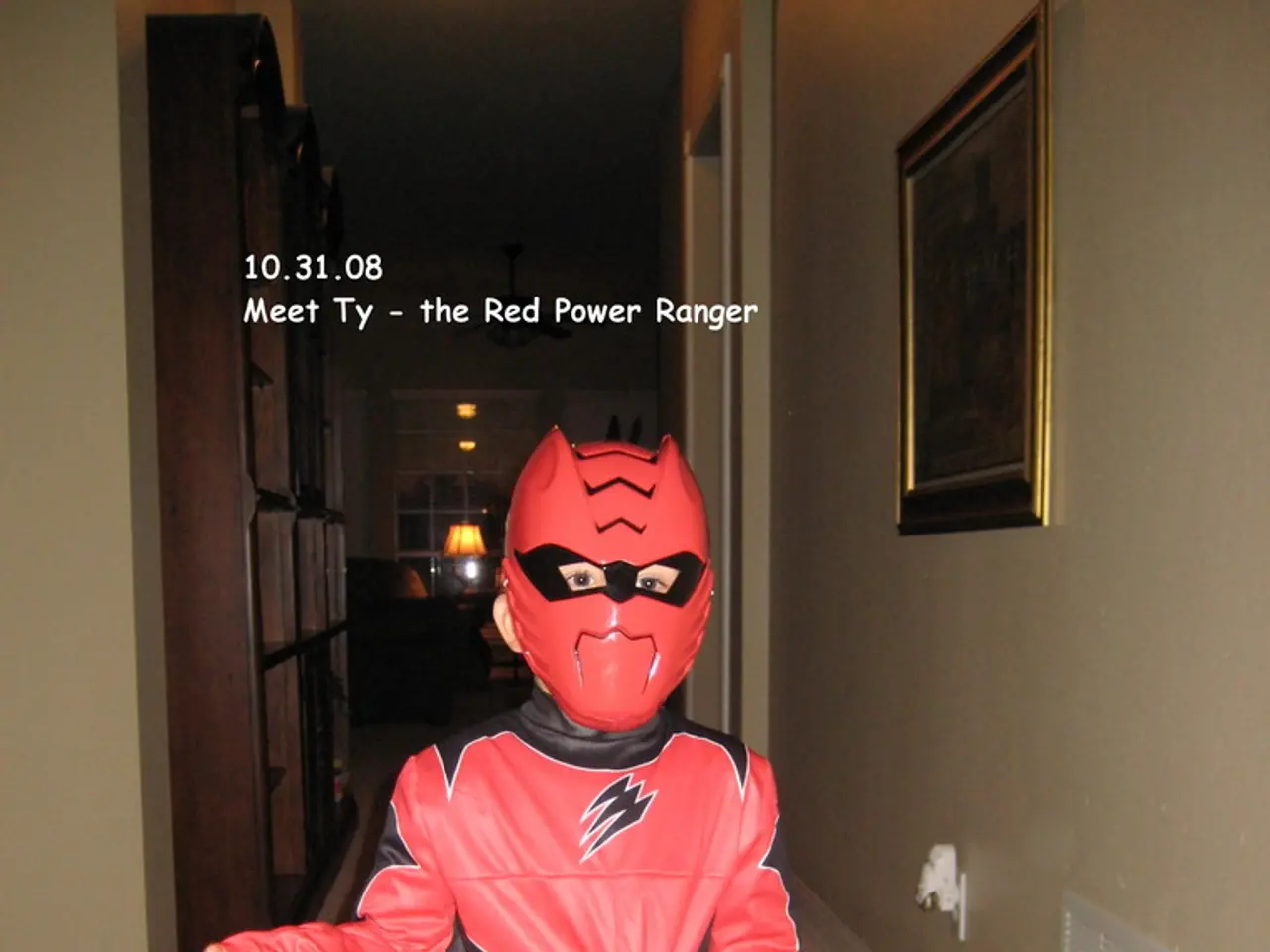Adjusting to shifts in regular patterns: An evaluation of your adaptability
In life, routine changes can be a source of stress and anxiety for everyone, but especially for individuals with unique learning needs such as autism. However, with the right strategies, these challenges can be effectively managed.
Recognizing the potential benefits of a change can help people of all ages embrace new experiences and learning opportunities. For autistic individuals, understanding the positive outcomes that might come from a change can help develop a more optimistic attitude towards routine disruptions.
Maintaining consistent routines and predictable schedules is crucial in reducing anxiety levels for autistic individuals. When changes are necessary, providing advance notice and preparing in advance can ease the transition.
Visual supports, such as visual schedules, timers, assignment notebooks, or social stories, outline daily activities and upcoming changes, enabling individuals to anticipate what comes next and decrease stress caused by unpredictability.
Gradual desensitization and role-playing are effective strategies to build resilience and coping skills over time. Slowing introducing challenging or novel situations, along with modeling calm responses, helps individuals adapt to changes more effectively.
Teaching coping strategies like deep breathing exercises, requesting breaks, or using sensory tools (fidget toys, weighted blankets) can help regulate emotions and manage anxiety induced by routine disruptions or sensory overload.
Creating sensory-friendly environments, such as dim lighting, noise-canceling headphones, and quiet spaces, minimizes additional stress that may aggravate anxiety around changes.
Collaboration and consistency across settings, such as family members, therapists, and educators working together to reinforce strategies and maintain routines across home, school, and community, promotes smoother transitions and skill generalization.
Introducing small changes to a routine over time can help both children and adults become more accepting of new routines. Rewarding flexibility and celebrating when changes are handled effectively encourages everyone to deal with changes more effectively.
The "sandwich" technique, spreading out more challenging activities throughout the day rather than lumping them all together at once, makes transitions easier. Practicing mindful adaptability, encouraging everyone to express feelings and thoughts about the adjustments, even if they seem minor, can foster emotional resilience.
Preparing a calm down routine, teaching methods to react calmly during changes, can benefit both kids and adults tremendously. Involving everyone who can offer support in dealing with changes, making sure that the individual stays at the center of the decision-making process, is also essential.
Incorporating a question mark symbol into a visual schedule to represent unexpected events or tasks, building flexibility into the schedule, is another effective strategy. Using the power of choice, allowing individuals to select from a set of options to make embracing changes more doable, can also be incredibly powerful.
Further Reading: National Autistic Society, Rebekah Pierce, Pepperdine University.
In summary, managing routine changes for autistic individuals involves preparation, visual supports, environmental accommodations, teaching coping skills, and a consistent, collaborative approach to reduce anxiety caused by unexpected changes in daily schedules. These strategies foster emotional resilience, independence, and reduce stress in everyday life.
- Recognizing the positive outcomes that might come from routine changes can help autistic individuals develop a more optimistic attitude towards disruptions, fostering emotional resilience.
- Mindfulness strategies like deep breathing exercises and using sensory tools can help individuals regulate emotions and manage anxiety induced by routine disruptions or sensory overload.
- Incorporating a question mark symbol into a visual schedule to represent unexpected events or tasks can help build flexibility into the schedule, making changes more manageable.
- Implementing coping strategies, such as gradual desensitization, role-playing, and a calm down routine, can help individuals build resilience and effectively manage stress in their health-and-wellness and lifestyle.




